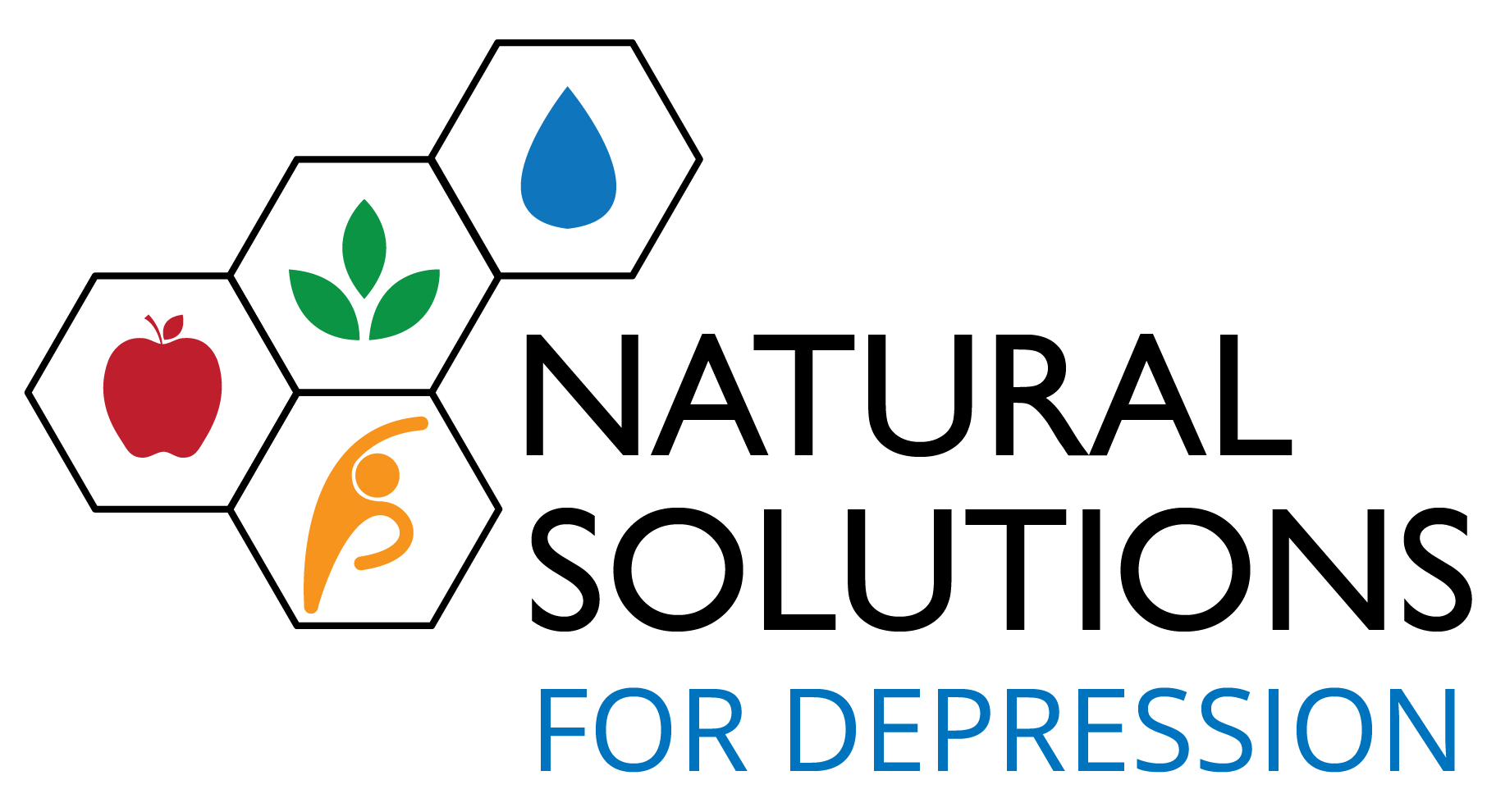Botanicals and Supplements
Many nutrients and herbs have been used successfully by people suffering from depression and many people with depression turn to natural remedies. In fact, over 50% of people with depression try natural products while they are being treated for depression, but only half of those people actually tell their doctor. We can’t have this, as there is the possibility for drug-supplement interactions in many cases. Following are the most common natural remedies with clinical evidence to support their use along with necessary precautions.
Amino Acid Therapy
As we’ve discussed on this site, depression-like RND symptoms can appear to be due to improper neurotransmitter function. We have found that supplying the body the nutrients it needs to restore proper neurotransmitter function leads to the elimination of depression-like RND symptoms in 93% of people, with the remaining 7% requiring a dual drug-amino acid approach to eliminate symptoms. More about Amino Acid Therapy…
St. John’s Wort
St. John’s wort is probably the best known natural antidepressant. It works similarly to conventional antidepressants in that it inhibits the reuptake of serotonin, norepinephrine and dopamine. Most products used in scientific study are standardized to the component hypericin, but antidepressant activity has also been attributed to hyperforin. Standardization is important, as many St. John’s wort products available over the counter have been shown to contain little or none of these active ingredients, making them essentially useless. More about St. John’s Wort…
Essential Fatty Acids (EFAs)
Fish oil contains the essential fatty acids DHA (docosahexanoic acid) and EPA (eicosapentanoic acid); they are typically referred to as omega-3 essential fatty acids. Research indicates that these essential fatty acids may normalize membrane structure in the brain and improve neurotransmitter uptake. Low levels of omega-3 fatty acids have been linked to depression. More about Essential Fatty Acids…
Folic Acid
Folic acid is required for the production of many neurotransmitters, including serotonin. Folic acid deficiency is common among people with depression and people with low folate status or low dietary intake of folate have a higher risk of depression. More about Folic Acid…
Inositol
Inositol is a naturally occurring isomer of glucose. Inositol works by playing a supporting role in cellular communication by relaying messages from serotonin and norepinephrine receptors. More about Inositol…




